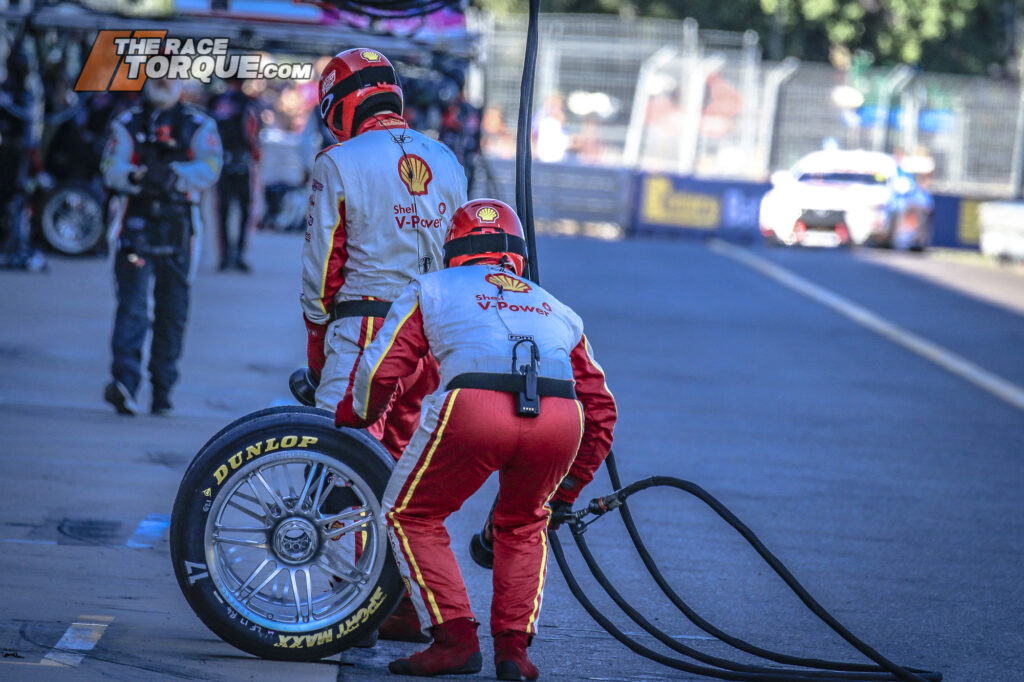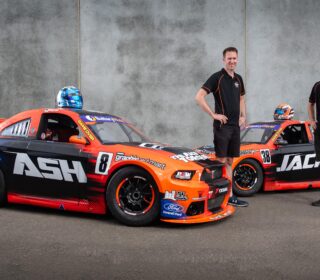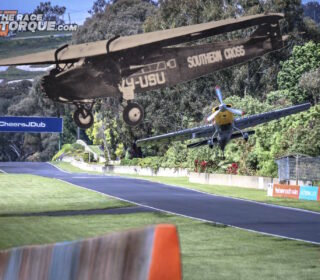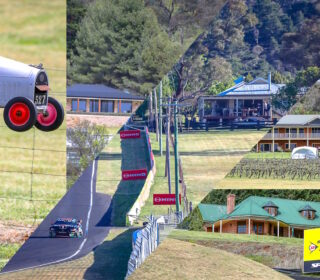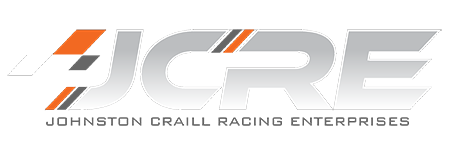Contact Patch: Dunlop and the Supercars tyre supply
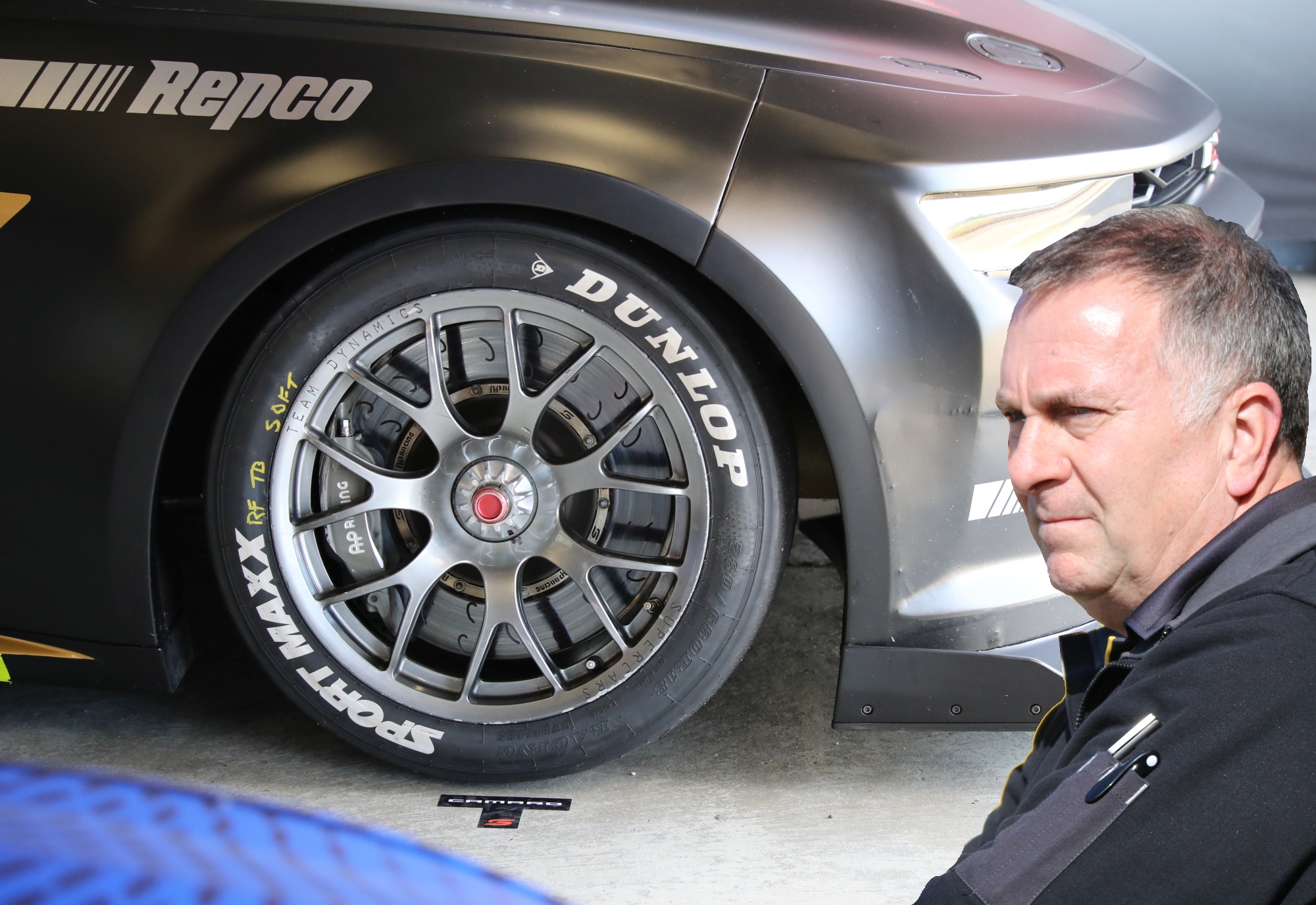
Tyres. Is there a single component of a race car that is spoken about more often during media coverage in any series around the world? Probably not.
They are too hard, they are wearing to quickly, not giving the grip or taking a while to come up to pressure or, in an extreme situation, they are failing. However, in so many cases when drivers, crews and commentators hit the rev limiter, it is another factor that has led to the focus on the tyres themselves. But more on that later.
In the early days of V8 Supercars there was a tyre war with multiple suppliers all battling for supremacy: Bridgestone, Yokohama and Dunlop all supplied tyres to the V8 Supercars teams and the fact that some compounds performed better on certain track surfaces or conditions than others often saw an unfair advantage emerge.
One supplier could have a superior wet weather tyre, one may have had a better compound for unique surfaces – such as Barbagallo in Perth.
In 2002, this all changed in the world of Supercars when a single manufacturer was appointed via a tender process to be the exclusive supplier. Now in its twenty-first year, Dunlop has become critically intertwined with the category and enters a new era with the arrival of the Gen 3 Ford Mustang and Chevy Camaro in 2023.
The Race Torque’s Dale Rodgers sat down with Kevin Fitzsimons to track the Dunlop Supercars story.
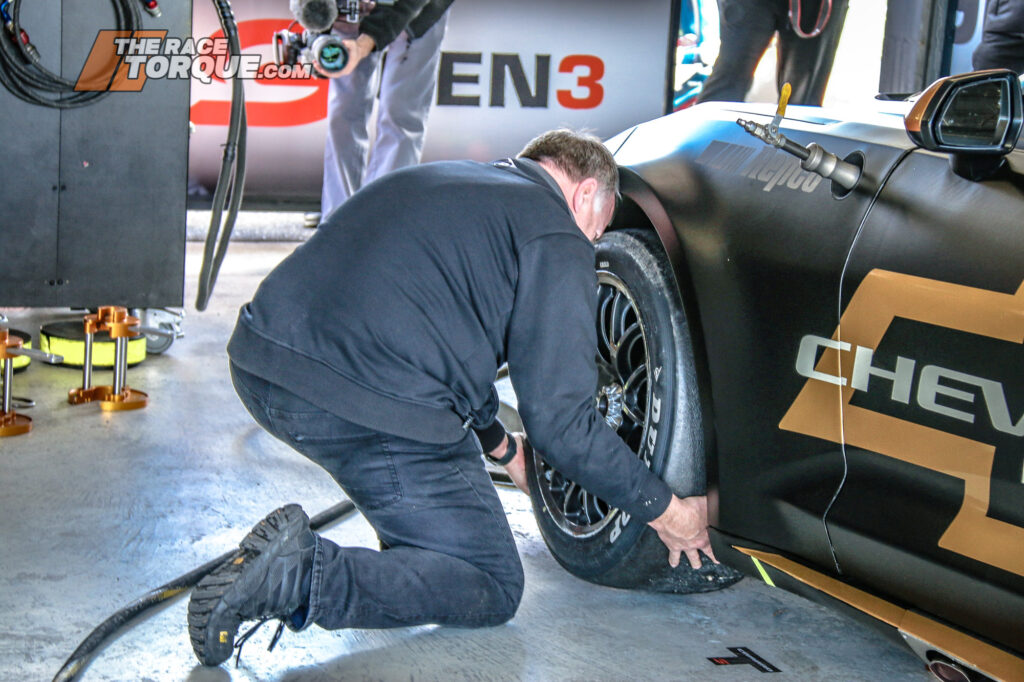
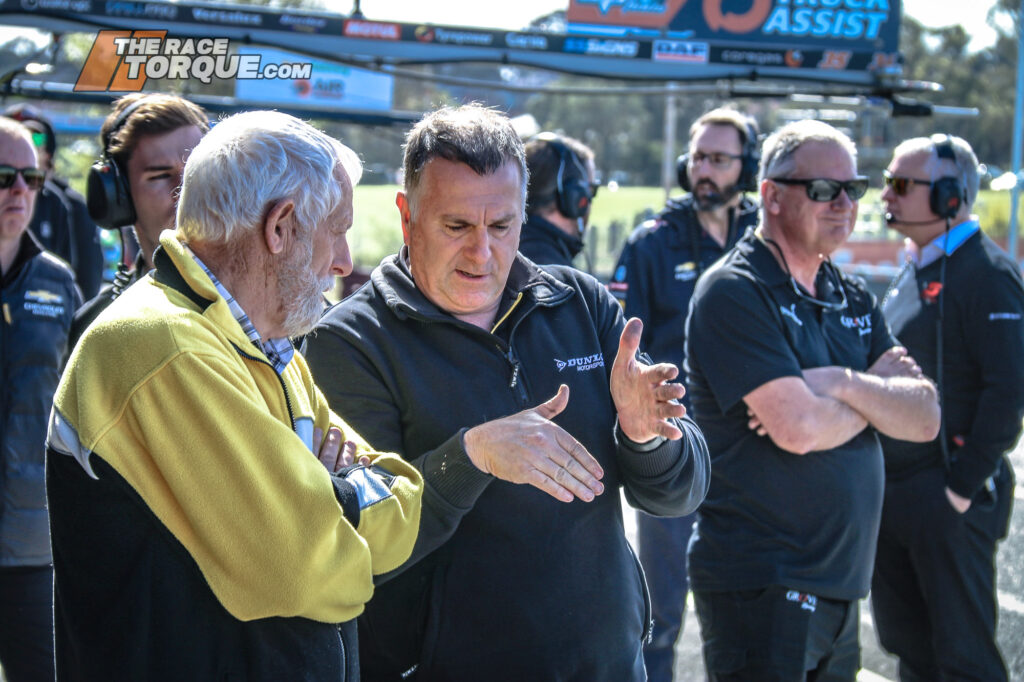
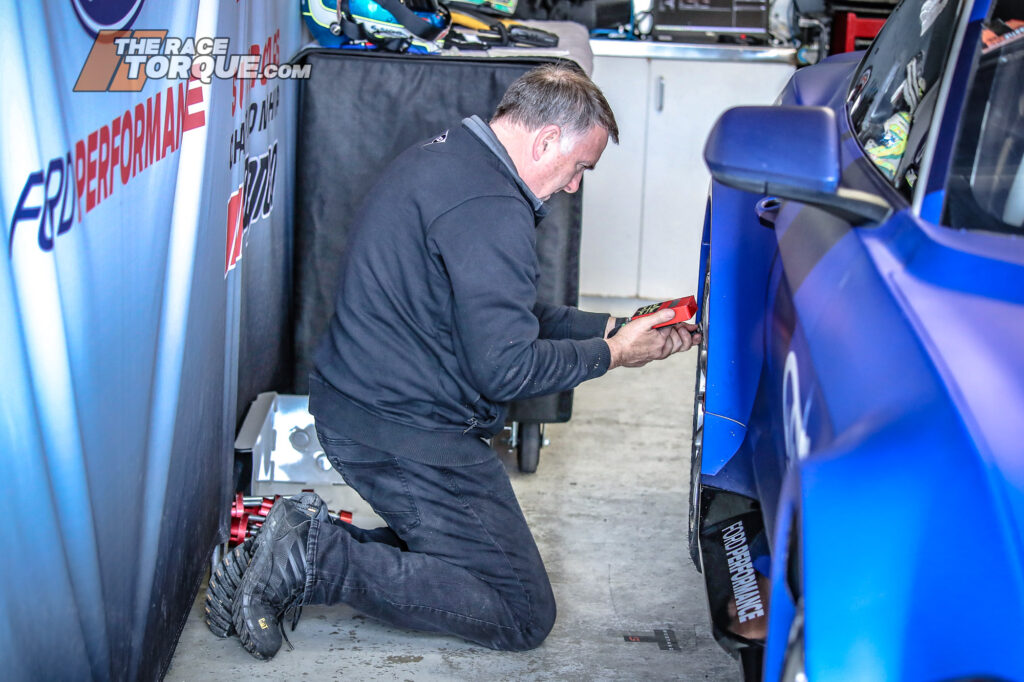
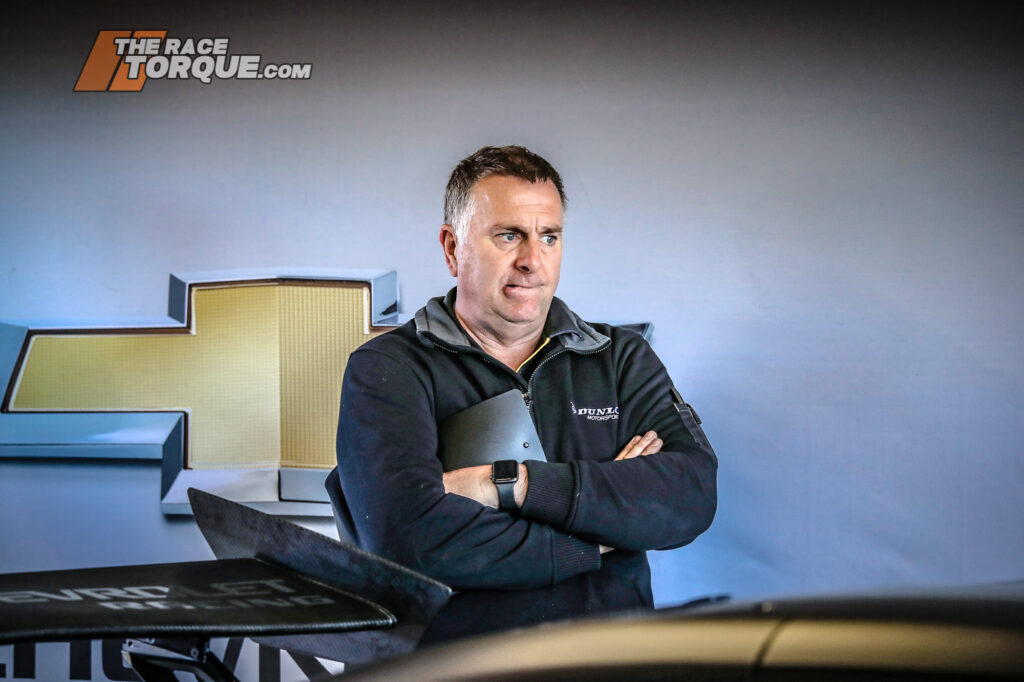
Just as Dunlop has been a constant in Supercars, so too has its Head of Motorsport Operations, Kevin Fitzsimons. They both share the same twenty-one-year milestone as the tyre supplier to Supercars.
Originally working for Bridgestone, Fitzsimons became involved in Dunlop when they employed him to manage their new V8 Supercars program in2002.
The process of developing and providing the various racing tyres is complex, but expertly run by Fitzsimons and his team.
“The benefit of the introduction of a control tyre is that you can lock something in for a considerable period of time,” Fitzsimons said. “You are not having to spend the enormous amounts of money that you need to for development, with car hire, track hire and extra personnel. It is a very very expensive exercise to undertake development in this sport”
After many years of evolution, Dunlop now provides three tyre compounds to the Supercars Championship. The long-serving ‘hard’, the ‘soft’ and now the ‘super soft’ compounds. The control tyre concept sits well with Fitzsimons not only because it is the brand he represents, but for real tangible commercial reasons.
“We all need sponsors to go racing. It is very hard to sit back and say, ‘I didn’t win because we didn’t have that particular tyre’. It is a very hard sell so when it is such a critical factor, to bring a control tyre in was really a no-brainer,” he said. “It also enabled the cost of the tyre to come down because the development costs were kept in check. It was a massive cost saving right across the category,” he added.
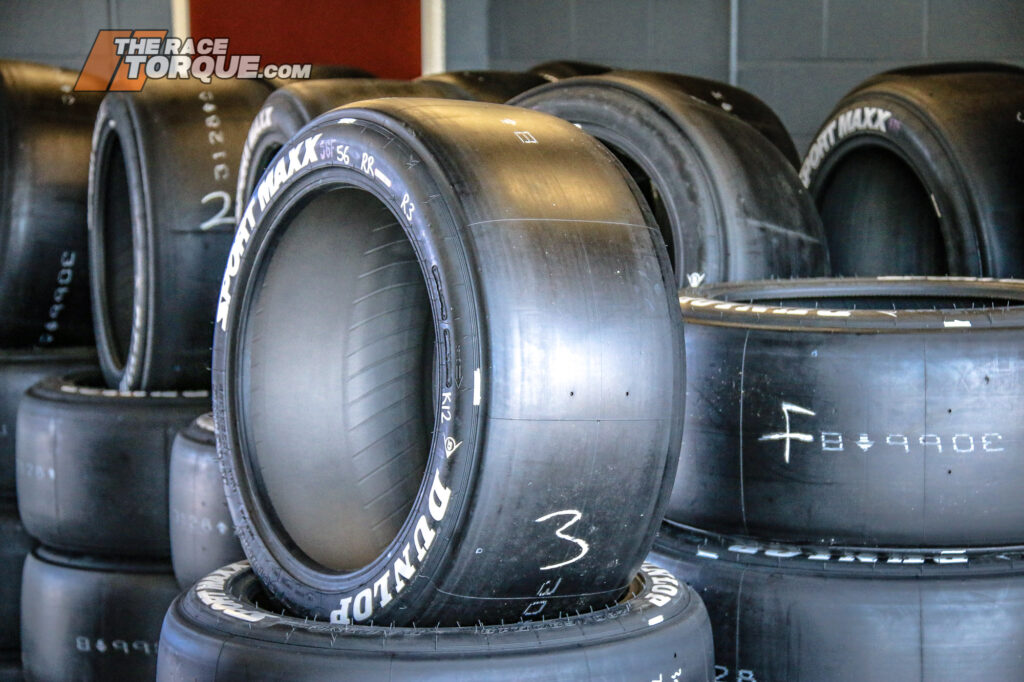
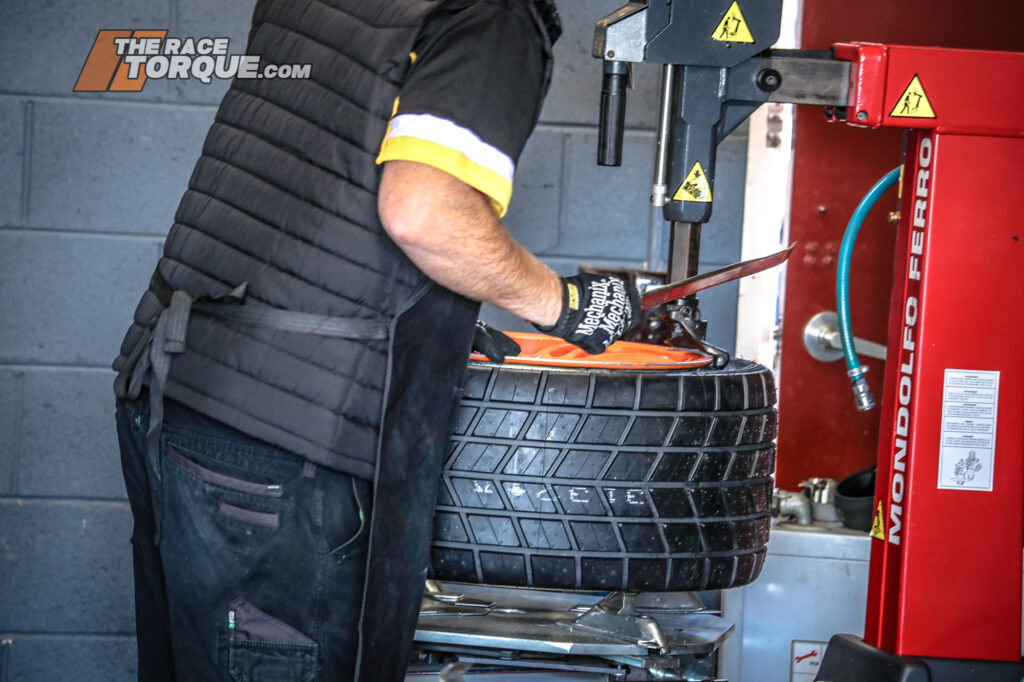
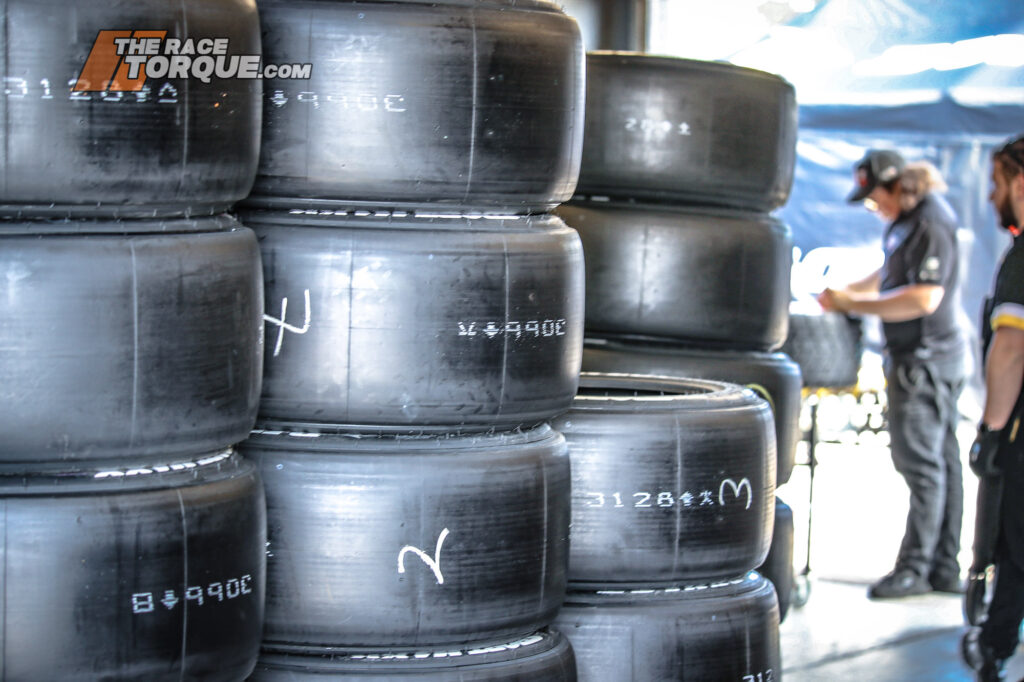
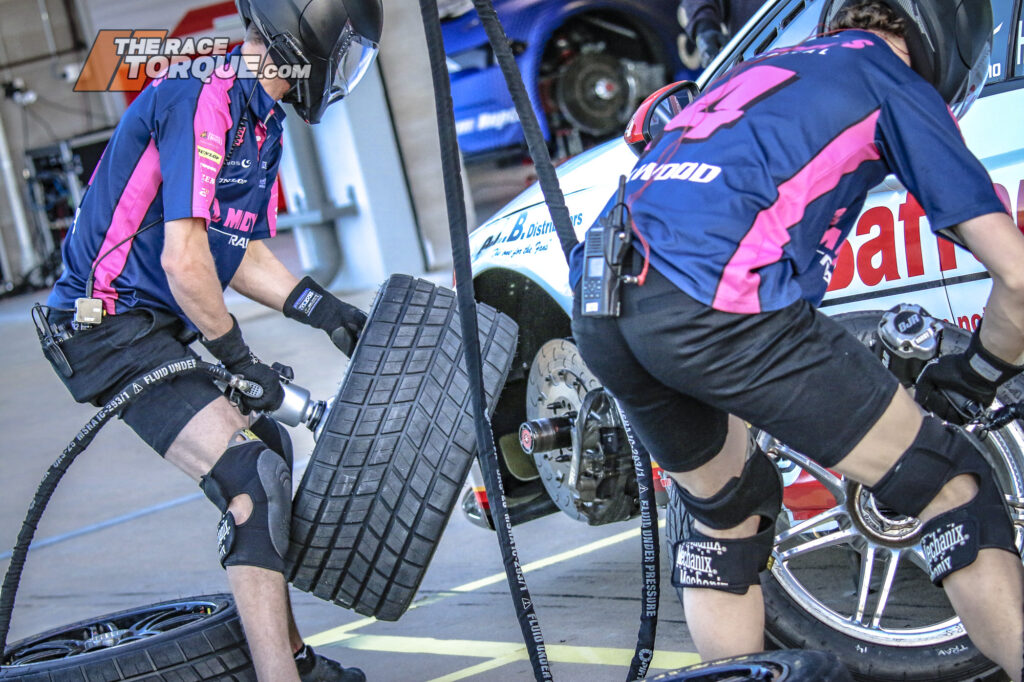
The development side of the Dunlop Supercars tyre is however a very interesting evolution. Dunlop work with Supercars and the factory to bring to life the desired compound of tyre that underpins the options given to teams during the Repco Supercars Championship season.
“We have a very good working relationship with the Supercars Technical Department, and we talk regularly not only at the race tracks but in between events. We discuss what the sport wants to move forward,” Fitzsimons said.
“We are in the entertainment business at the end of the day and that is where the Dunlop Super Soft concept came from. Back some years ago, we wanted a soft tyre to spice things up a bit, which nobody got to test or qualify. We put it on at Winton back then and just sent it! It was a very cool thing.”
With a number of years of successful running of the two compounds, it was time to evolve once again. Just over two years ago, Supercars and Dunlop began focusing on an even ‘softer’ tyre. Dunlop’s brief was clear, a tyre that is softer than what we have and effectively falls off a cliff after 60 or 80km of racing.
“The soft tyre’s use grew to the point where we decided to try it for a full race meeting and we were all (Dunlop and Supercars) happy with the way it went so we looked to the next evolution,” Fitzsimons said. “Supercars came to me about two years ago saying that we know the Dunlop soft tyre so well that we would like to head down the path of an even softer compound.”
The interesting point about the manufacturing of these various compounds is it is not a completely new tyre.
“When it is not a construction change it is only a change to the compound. It is a change to the additive. A bit more of this a bit less of that with the aim to introduce a bit more wear rate,” Fitzsimons explained. “You need the thickness of the rubber to retain heat and as the tyre wears down the car slides around more and that is how you achieve the drop off in performance. Building a tyre to deliberately wear is backwards, but it can be done,” he added.
A simple explanation to a very complex issue. But one of Fitzsimons endearing features and why he is such a popular person in pit lane is his lack of pretence and his down-to-earth nature. This is often tested in full view of a TV audience and other teams when a driver or engineer goes batty after a tyre failure. Of course in their minds, it is Dunlop’s fault, and this is where Fitzsimons is called into the garage to look at a tyre issue and establish just what caused it.
In nearly all cases, it is traced back to the set-up of the car – a point he must calmly put to the team and more often than not a TV grab with the likes of Mark Larkham or Chad Neylon.
“You are always going to get issues when you supply 700 – 900 tyres to the category at each race meeting, but from a serious manufacturing issue, we haven’t seen one for a very long time, and we aim to keep it that way,” he said.
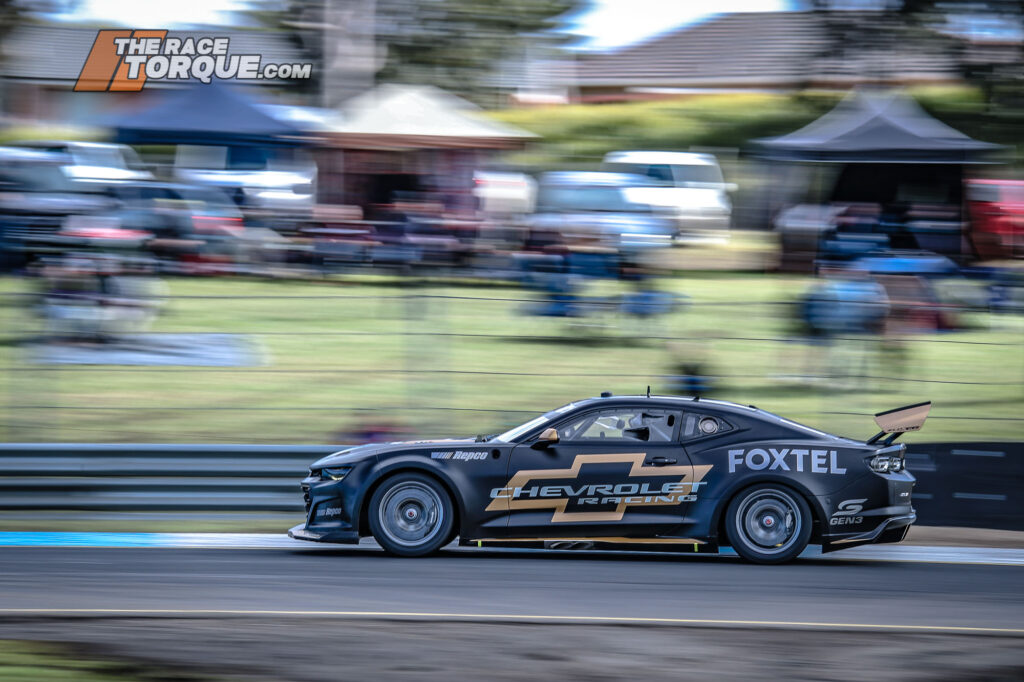
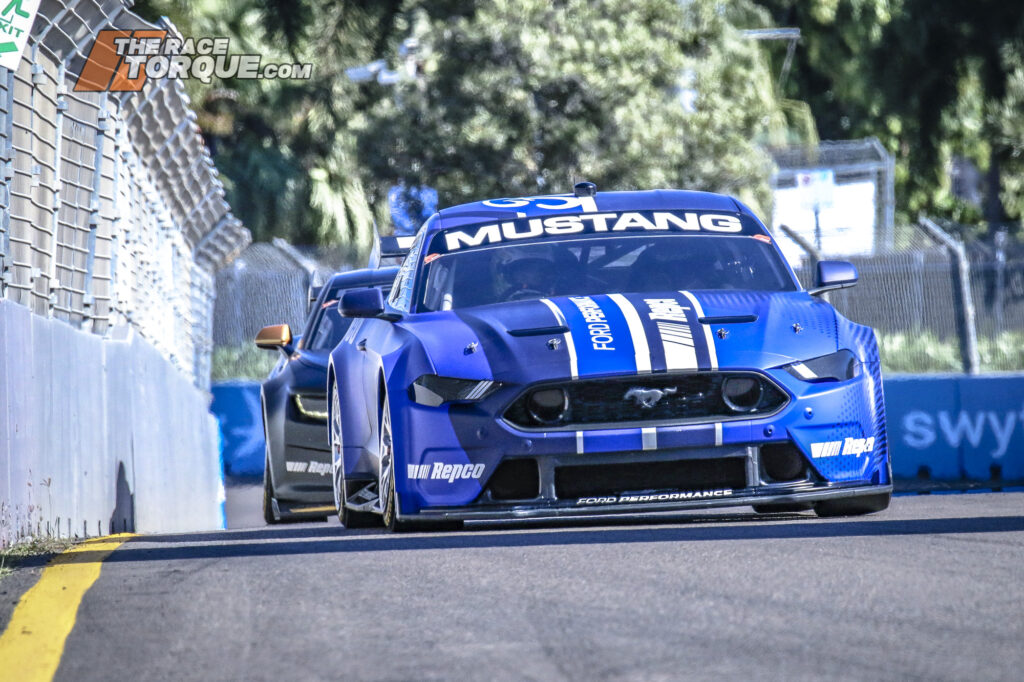
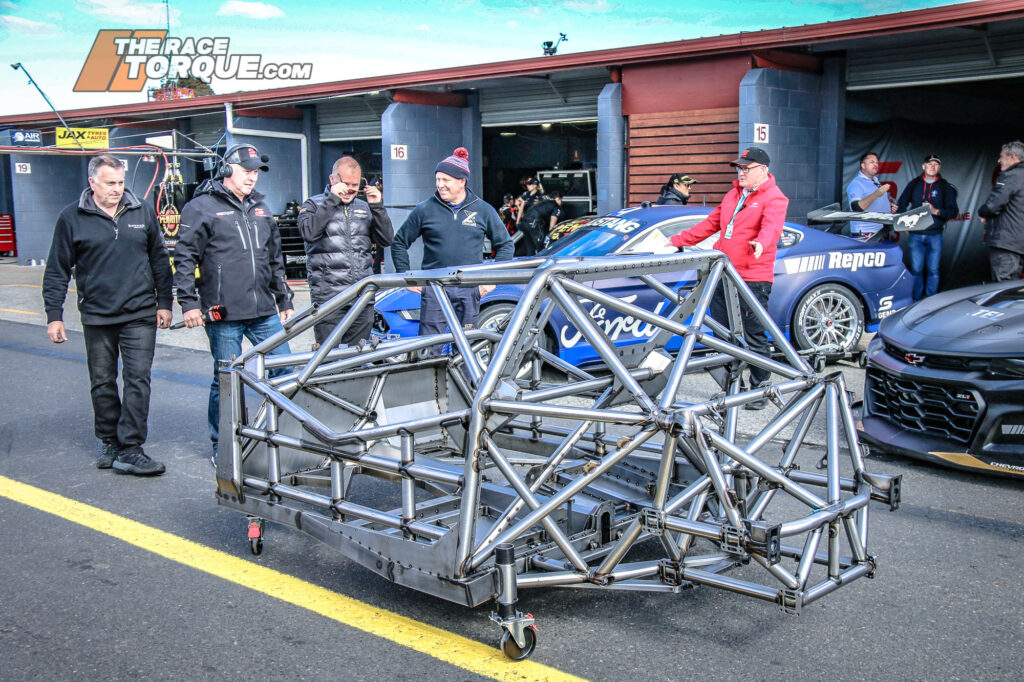
Of course, tyres will continue to prove a critical factor of performance with Gen 3 Mustang and Camaro arriving in March 2023. For now, there will be no change to the three Dunlop compounds used in the Repco Supercars Championship.
“Gen 3 is a really exciting phase moving forward,” Fitzsimons predicts. “The cars are significantly lighter, less aero and more torque. For the initial part we will get some racing under our belt. In turn get some hard fast data then we can say ‘this is what we think we need now.’ When the teams get hold of the cars they will change camber, alter spring rates to improve it and make it a faster race car. So, for now we go with the tyres we know, and the teams know. It is a safe construction which is critical for the new cars.”
The logistics and numbers of tyres Dunlop must produce for the total annual Supercars requirements across the categories are quite staggering.
“It is around 16,000 tyres per year. We have just completed the production schedule for 2023 after meeting with Supercars. A normal month’s production is up to 2000 tyres. We start production for 2023 in September, which is Super 2 with the Hard Tyre. Then we go with Super Soft in October, the Soft in November and keeps going from there,” he explained.
“Our production stops in June, so we aim to be about six months ahead of the actual racing.”
So where do old Dunlop Supercars tyres go, and what happens when they ‘are handed back?’
“We have a great association with Karting Clubs right around the country. Because most tracks were built in the 70’s or 80’s, they got passenger tyres from the local tyre store, filled them full of dirt and parked them around the race track,” Kevin said. “They have all hardened over the years and it is now like hitting a brick wall! So now what they are doing is lining the tracks with Supercar tyres because it provides really good cushioning, and it has been a godsend. They look great and the clubs paint them red, white and blue or whatever. So, believe it or not, they are recycled into Karting,” he smiled.
The continuity and knowledge that Kevin Fitzsimons and his Dunlop team bring to Supercars should never be underestimated. He has been pivotal to the development and innovation in the Dunlop tyre now for over two decades. Something the category should be very proud of.
Expect to see more of Kevin and his Dunlop team as the Gen 3 cars roll out in Newcastle and no doubt provides a whole new set of issues for engineers and tyre technicians alike.
